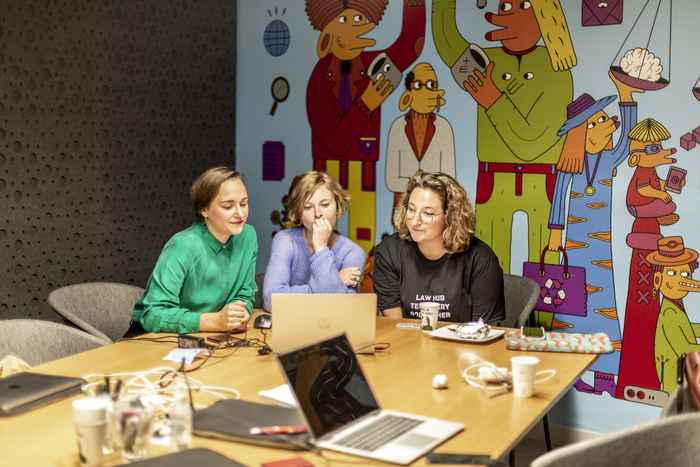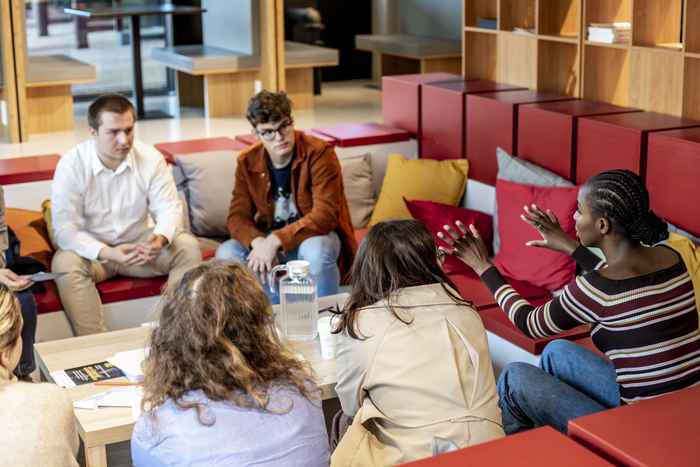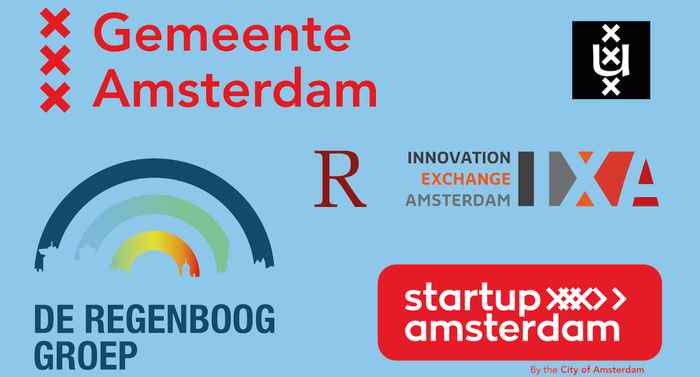Our methodology

This is how we work
We work with a rigorous methodology and project structure. For each project we develop, we set defined impact goals and measure our success at achieving them with transparency. We then apply established methods to measure these outcomes. Any new justice project must first be vetted to meet our exacting standards for ethics, impact potential and quality. This means not only a critical reflection on the justice problem itself, but also on potential partners. As a team of entrepreneurs, we prioritise working with those who share our impact driven approach.
Once approved, a proposal is developed which meets the following criteria:
- An approach combining education, research and entrepreneurship.
- The involvement of both societal partners and faculty members.
-
A handover plan, ensuring the project is self- sustaining (after a max. of 3 years) in line with our incubator strategy.
-
Use of Human Centered Design methodologies in the development of digital or analogue products, services or tools.

Our method in practice
We work inside out as well as outside in. At Faculty level, our combination of educational programmes, workshops and masterclasses ensures personal contact with researchers and students. We translate their expertise and motivations into concrete proposals that rethink traditional justice processes. Externally, projects can be developed from a defined legal problem, through an open call or at the request of a societal partner. Alternatively, they may require further research to define the justice problem before solutions can be developed.
Case study: Supporting youths in MBO education programmes in understanding and protecting their employment rights.
Our approach: Faculty academics research the social factors which lead to a failure to understand or protect employment rights by MBO students. In collaboration with ROC, a Human Centered Design approach is developed to engage these students in developing solutions to the problems they directly identify with from the research findings; using the support of VO and MBO peers. Following MVP development and testing, the most successful are offered the opportunity to scale on a national level through the Law Hub incubator programme and related funding.

Partners
We work extensively with justice related bodies and institutions. As a non-commercial entity, we prioritise collaborations with CSOs or organisations with a social focus. Nonetheless, we are a proud in-house developer of legal technology;, we offer incubation to justice startups, work closely with legal tech providers and are open to collaboration with commercial businesses where appropriate.